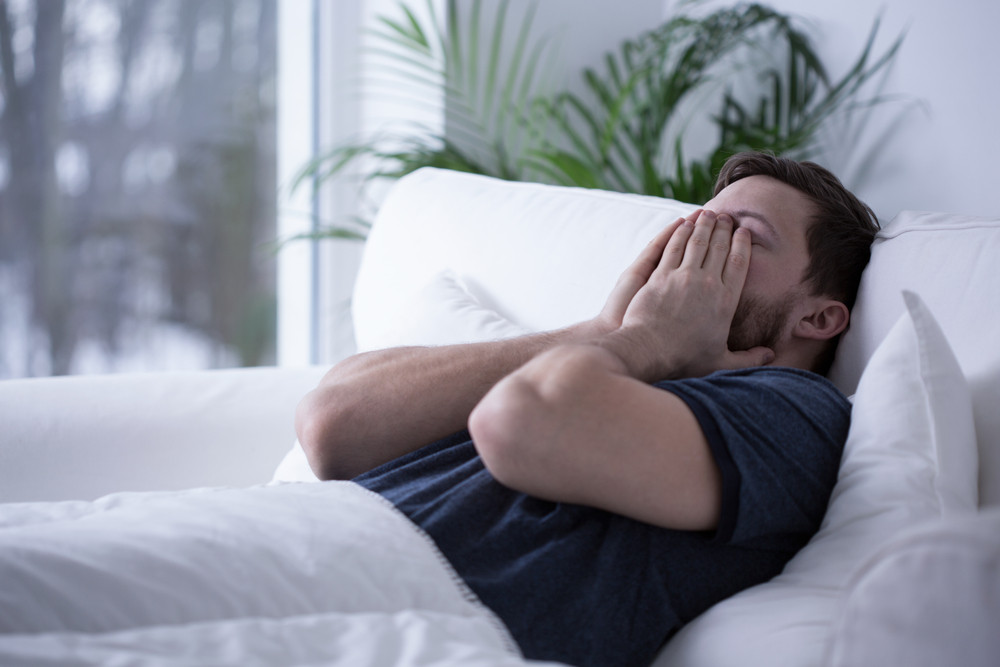Popular Reads
Top Results
Can't find what you're looking for?
View all search resultsPopular Reads
Top Results
Can't find what you're looking for?
View all search resultsHow lack of sleep can lead to weight gain
A recent study suggests sleep deprivation has everything to do with why many of us have the urge to eat late at night.
Change text size
Gift Premium Articles
to Anyone
L
ate night snacking may seem perfectly innocent, but what many don’t realize is the cumulative effect an after dinner snack can have on weight gain. But what’s the cause behind those sudden after-dinner cravings?
A recent study suggests sleep deprivation has everything to do with why many of us have the urge to eat late at night. Published in Current Biology in February, researchers observed the role sleep deprivation had on the eating habits of 36 healthy volunteers.
For two weeks, these test subjects were split into three groups, each with different sleep patterns. During the first three nights, everyone slept for nine hours, but afterward, the volunteers were split into the control group, sleep restriction group and the sleep recovery group. The control group could continue sleeping nine hours a night, while the other two groups slept only five hours a night. However, the sleep recovery group could sleep in for the whole weekend, but were deprived of sleep for the next two days.
Read also: How to fall asleep faster, according to a sleep wellness expert
The calorie intake and insulin sensitivity of the volunteers was measured throughout the study, and researchers found that while all three groups ate about the same amount of calories, the sleep deprived groups ate more in the evening, especially when snacking after dinner, gaining weight as a result.
Additionally, only the sleep deprived groups experienced a decrease in their insulin sensitivity, reducing the rate at which glucose sugar is removed from the blood, affecting their metabolism in a similar way to type 2 diabetes.
Weekend recovery sleep failed to protect people from both this weight gain and decreased insulin sensitivity.
So why does sleep deprivation encourage overeating and weight gain?
It has been shown that regardless of exercise, when we eat later in the day we expend less energy when digesting our food. That means we convert more calories to fat, instead of burning them off.
Researchers have also repeatedly shown that when sleep deprived our body tells us to eat more, further increasing the calories that are not used up. This is likely because the lack of sleep hampers the hormones that control hunger, leptin and ghrelin, potentially contributing to an increased appetite. Based on the findings of 11 different studies, people ate 385 extra calories on average after a night of sleep deprivation.
Additionally, the reason why insulin sensitivity decreases after sleep deprivation is because our circadian rhythm (how our body regulates waking and sleeping) seems to also regulate how the body manages calories at different times of the day.
”What we have found is that if you eat an identical meal in the morning or evening, the glucose response is relatively impaired in the evening compared to the morning,” said Dr. Frank Scheer, a neuroscientist and associate professor at Harvard Medical School. Therefore, late-night eating is also associated with a higher risk of diabetes.
This study is a reminder to those concerned about their weight to review their sleeping habits, as it is often missing from discussions on how to lose weight and stay healthy. (nic/kes)











